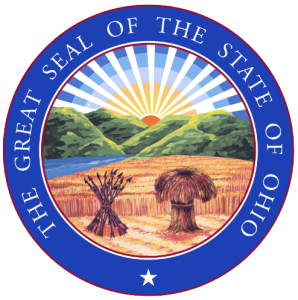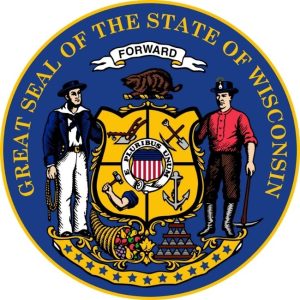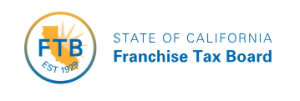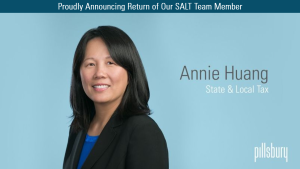Recent Ohio Supreme Court decisions addressing the situsing of receipts under the Commercial Activity Tax (CAT) underscore both the limits of the “continuous delivery theory” and the evidentiary hurdles taxpayers face when seeking refunds for transactions involving Ohio distribution centers. Read together, VVF Intervest, L.L.C. v. Harris, Slip Op. No. 2025-Ohio-5680 (Ohio Dec. 24, 2025), and Jones Apparel Group/Nine West Holdings v. Harris, Slip Op. No. 2026-Ohio-74 (Ohio Jan. 14, 2026), confirm a transaction-focused approach to CAT situsing while highlighting the evidentiary showing required to substantiate refund claims.
Read together, VVF Intervest, L.L.C. v. Harris, Slip Op. No. 2025-Ohio-5680 (Ohio Dec. 24, 2025), and Jones Apparel Group/Nine West Holdings v. Harris, Slip Op. No. 2026-Ohio-74 (Ohio Jan. 14, 2026), confirm a transaction-focused approach to CAT situsing while highlighting the evidentiary showing required to substantiate refund claims.
Articles Posted in Issues
2026 ABA-IPT Advanced State Income Tax Seminar
Pillsbury SALT partner Carley Roberts will be presenting at the 2026 ABA-IPT Advanced State Income Tax Seminar on March 17.

CalTax 100th Annual Meeting
SALT partners Craig Becker and Robert P. Merten III will be presenting at this year’s CalTax Annual Meeting.
No Contract, No Look-Through: Wisconsin Draws a Line on Software Receipts Sourcing

In a recent decision, the Wisconsin Tax Appeals Commission drew a bright line for sourcing receipts from software for sales factor apportionment purposes: without a contract with the end-user, a company cannot source receipts from software to the end-user’s location. Instead, the receipts must be sourced based on the location of the company’s immediate customer, even if most end-users are elsewhere.
2025 TEI Annual Conference
Pillsbury SALT associate Breanna Zagorski will be presenting at the 2025 TEI Annual Conference on Oct. 28, 2025.

32nd Annual Paul J. Hartman State & Local Tax Forum
Pillsbury SALT partners Carley Roberts, Zachary Atkins and Aruna Chittiappa will be presenting at the 32nd Annual State and Local Tax Forum taking place Oct. 27–29, 2025.

Sourced and Settled: California FTB Finalizes its Long-Awaited Market-Sourcing Regulation, Applicable to Tax Year 2026 and Beyond
After nearly a decade in development, the California Franchise Tax Board (FTB) has finalized its amended market-based sourcing regulation under Regulation Section 25136-2, which governs the sourcing of receipts from services and intangible property.
The regulation was approved by the Office of Administrative Law and filed with the Secretary of State on August 27, 2025. The revised rules will apply to tax years beginning on or after January 1, 2026. Among the most significant changes to the regulation are:
COST 56th Annual Meeting
Join Pillsbury SALT partners Zachary Atkins and Evan Hamme for their presentations at COST’s 56th Annual Meeting.

California Updates Tax Regulations on Technology Transfer Agreements
In a move to untangle the complexities surrounding sales and use tax in technology transfer arrangements, California’s tax regulator has laid out three major proposals.
SALT attorneys Jeff Vesely and Richard Nielsen dissect these changes—from adding clarification to introducing rebuttable presumptions—that could dial down uncertainty at the crossroads of sales/use tax and tech licensing agreements.
Welcome back to Pillsbury SALT, Annie!
Pillsbury SALT is excited to welcome back Annie H. Huang to the team!

Annie’s experience focuses on state and local tax matters, including corporate franchise and income, personal income, sales and use, and gross receipts and other local taxes.
Annie brings not only strong legal experience but also a genuine enthusiasm for building relationships and supporting clients through complex challenges.
She joins Pillsbury’s San Francisco office as a partner. Read more here.
 SeeSALT Blog
SeeSALT Blog


